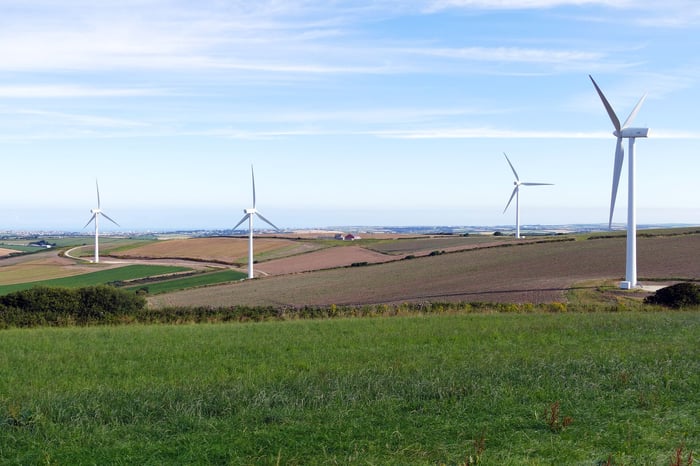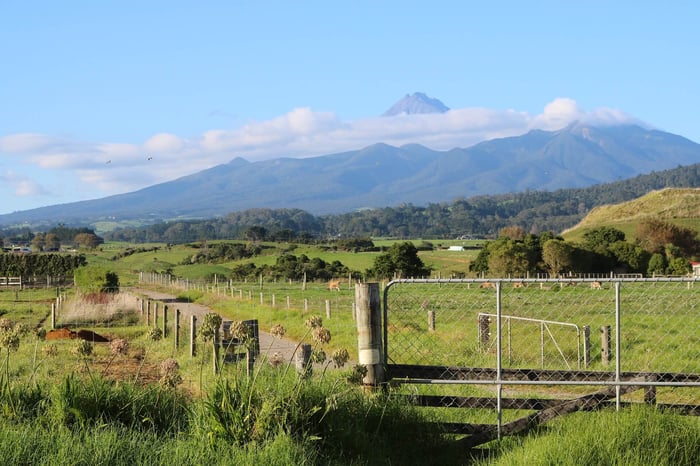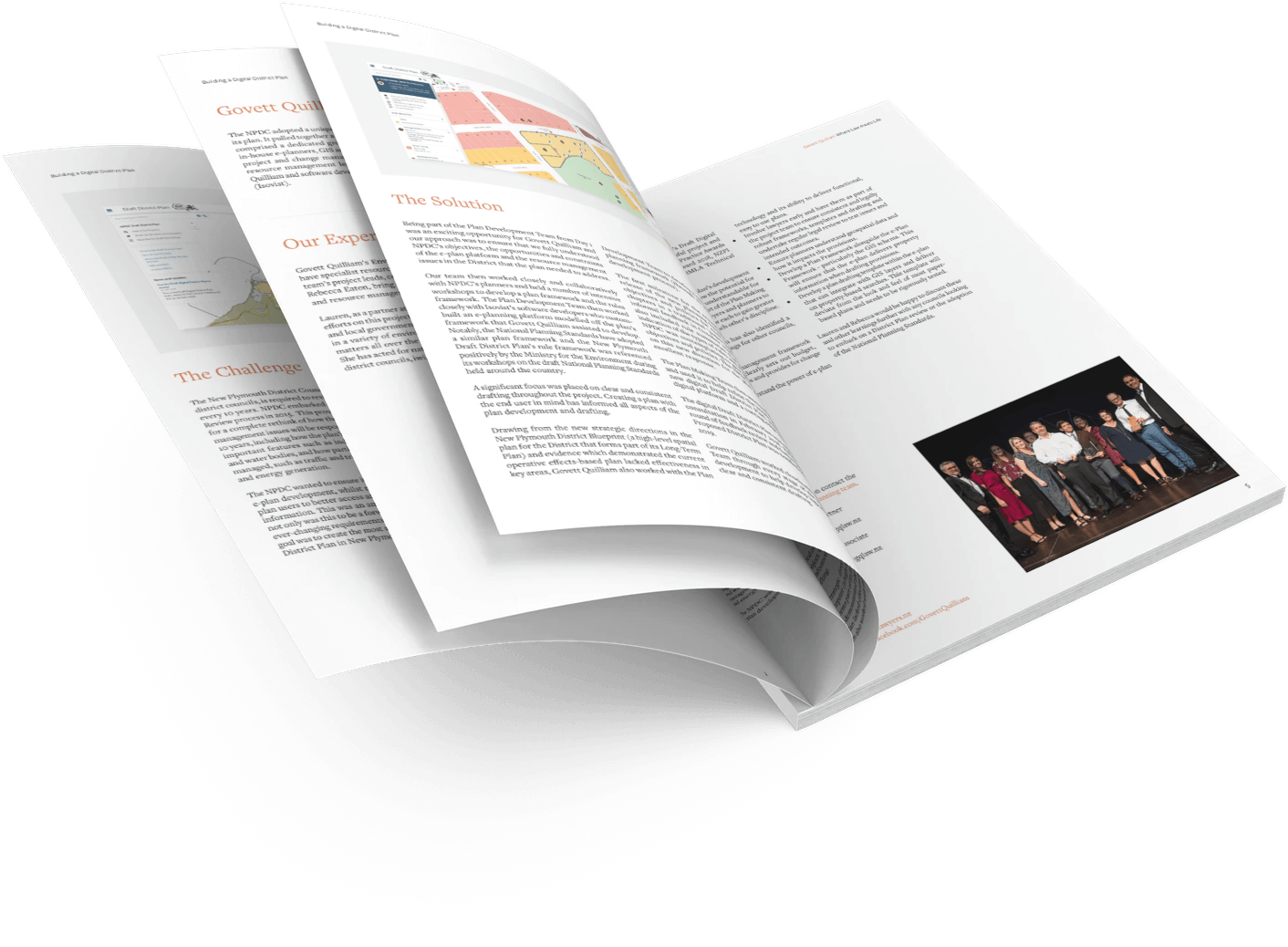Following on from the repeal of the Natural and Built Environment Act 2023 and the Spatial Planning Act 2023 late last year, the resource management landscape is set to continue shifting with the government’s pursuit of another round of changes.
In November 2022 the Environment Minister David Parker introduced the Natural and Built Environment Bill and Spatial Planning Bill, two of the three pieces of legislation that make up the reform of the current resource management system.
The Emissions Reduction Plan – Transformational or more political hot air?
August 2022
17 August 2022
GQ Partner Lauren Wallace gives her take on the Government's plan.
On 10 February 2021 David Parker, the Minister for the Environment, announced that the Resource Management Act 1991 (RMA) will be repealed and replaced with three new pieces of legislation.
The COVID-19 Recovery (Fast track Consenting) Bill (the Bill) was introduced into the House on Tuesday 16 June 2020.
Rebuilding NZ’s construction industry post COVID-19 and flow on effects for the RMA With New Zealand now two weeks into the COVID-19 Alert Level 4 lock down, a number of infrastructure and construction companies are facing the risk of insolvency. Under the Alert Level 4 rules, construction companies are only able to work on essential or critical infrastructure or carry out work required to address human health or safety risks.
Govett Quilliam is incredibly proud to have had the opportunity to sponsor the Environmental Leadership in Business Award at the 2019 Taranaki Regional Council Environmental Awards. The awards feature 5 main categories which each encourage environmental stewardship and sustainable development of natural resources.
Consultation is now open on the challenges and opportunities for building a hydrogen economy in New Zealand. The Government is seeking your feedback on the potential for hydrogen production, export and utilisation in New Zealand economy.
On 24 July 2019, the Hon David Parker launched the Government’s “comprehensive overhaul” of the resource management system and the Resource Management Act 1991 (“RMA”). The overhaul is intended broadly to cut complexity and costs, better enable urban development and improve mechanisms for protection of the environment.
On 8 May 2019, the Government introduced the Climate Change Response (Zero Carbon) Amendment Bill ("Zero Carbon Bill") into Parliament to address the long-term challenges of climate change. The Zero Carbon Bill seeks to amend the existing Climate Change Response Act 2002. If passed into law, this new legislation will sit alongside the Emissions Trading Scheme established under the Climate Change Response Act.











.png)

